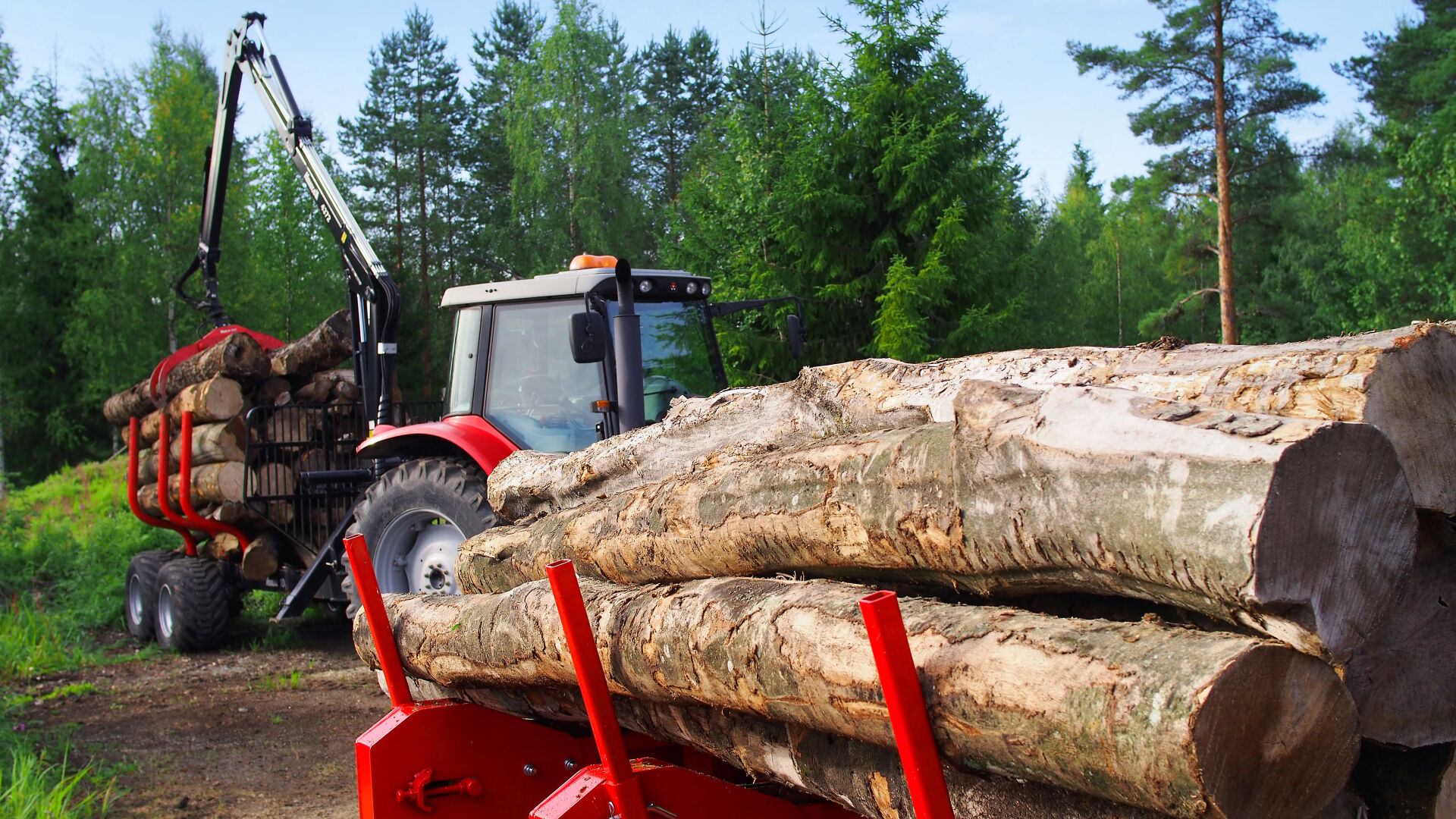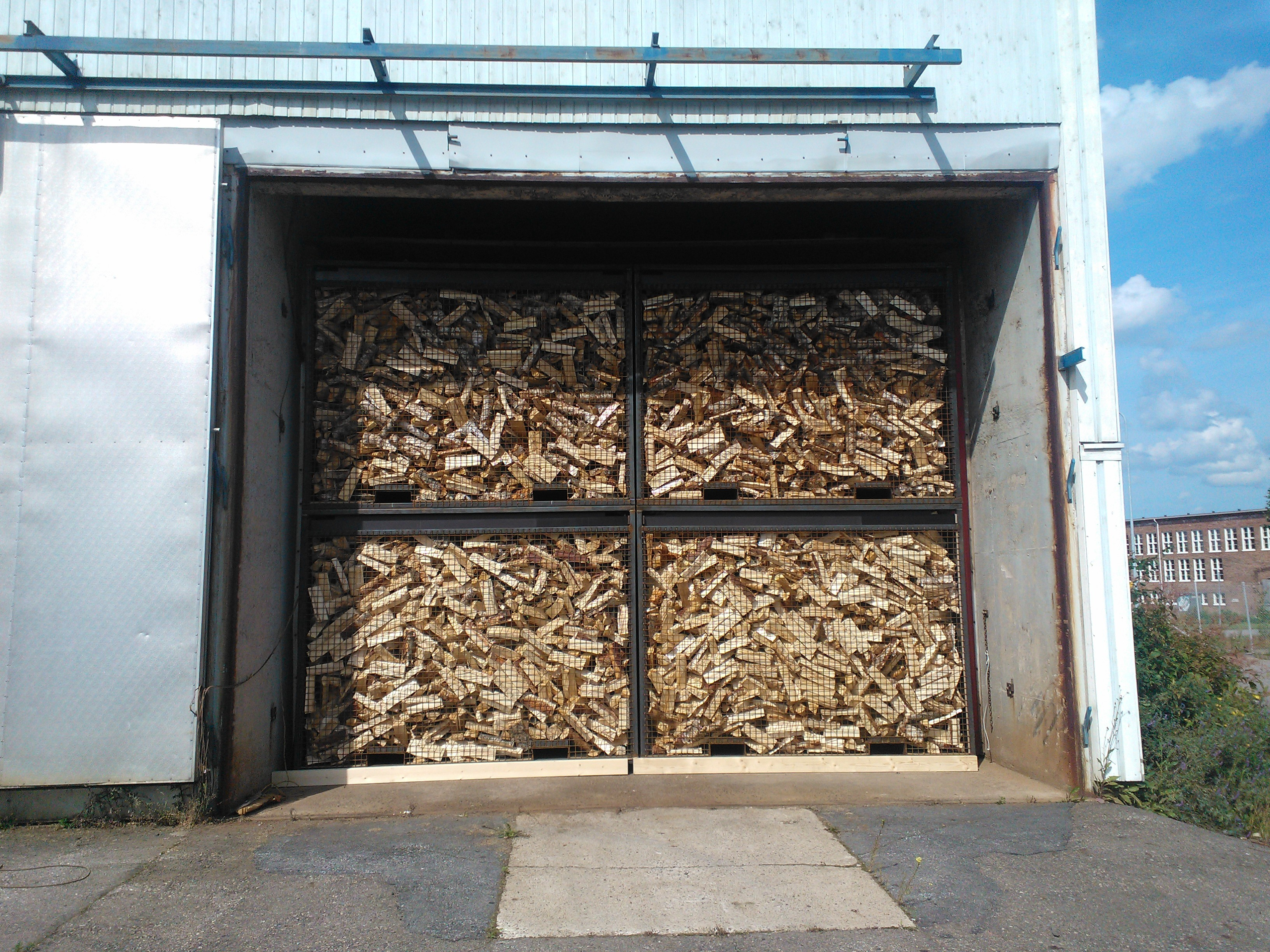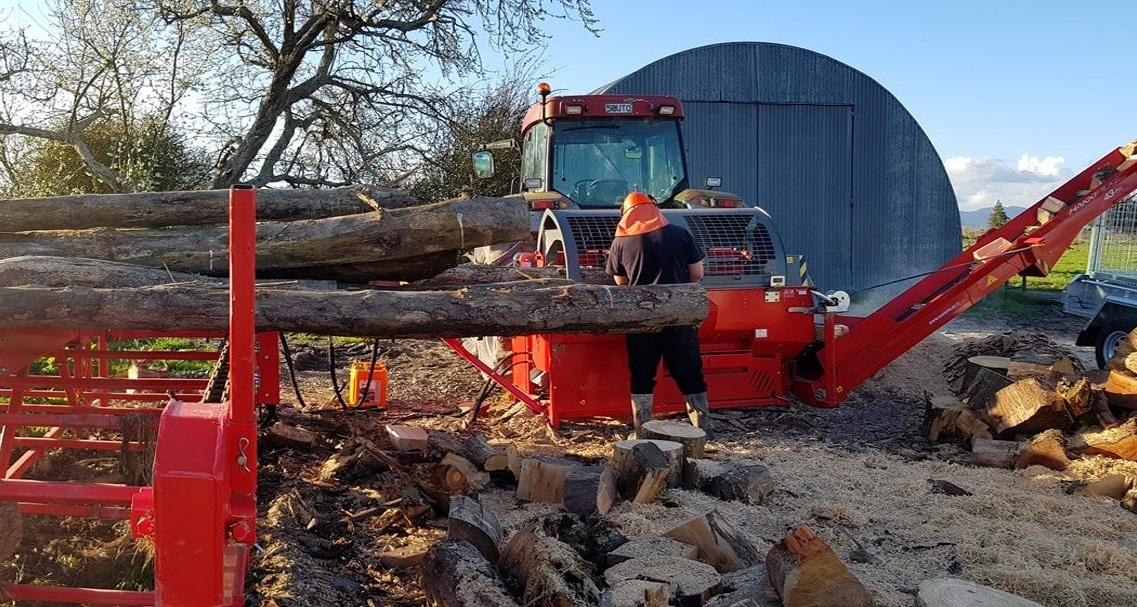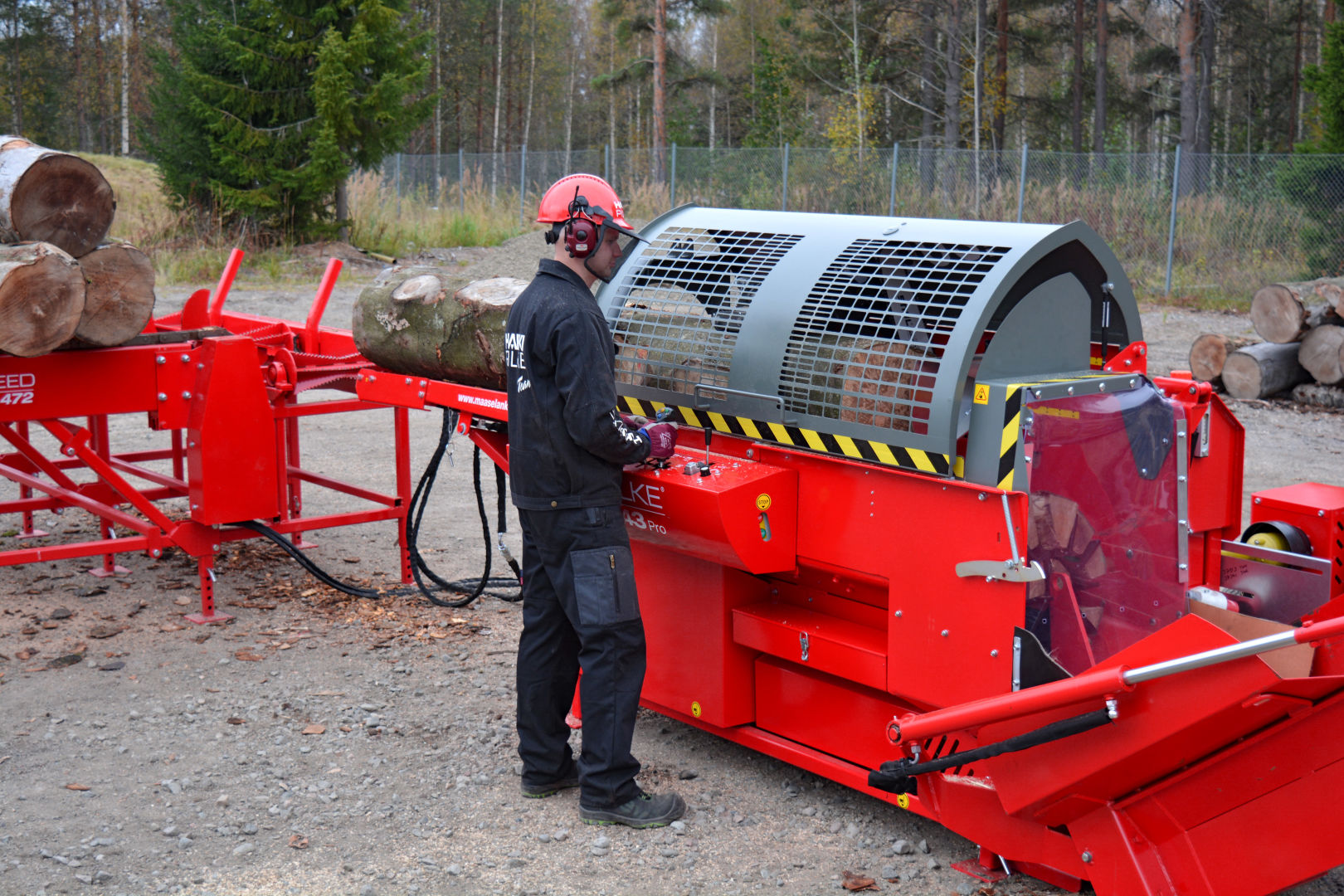
PROCUREMENT OF RAW MATERIAL FOR THE FIREWOOD OPERATION: WHEN SHOULD TREES BE FELLED?
A sufficient amount of high-quality raw material is a vital condition for your firewood company to be able to produce firewood and serve your customers reliably. Efficient sourcing of raw materials is therefore one of the keys to a successful firewood business.
If you use suppliers for purchase the raw material for your business, it is a good idea to source your logs from multiple suppliers. This ensures that you will always have logs available even when your main supplier might be struggling with deliveries. About this and other vital elements for you firewood business you can read from our post How to start a firewood business? This time we will focus on what to consider when you are the one deciding the right time to fell trees.
Multiple things affect to the right harvesting time. For example, weather conditions, tree species, land carrying capacity, and the condition of forest roads are factors that should be considered when choosing the right time to harvest.
Harvesting and weather conditions
In countries with different seasons the tree moisture is often at its lowest in early fall. The early winter with frost but not yet so much of a snow, is a good time to cut down the trees since the winter frosts makes it easier to move around in the forest, because the ground bears better. It is also a good idea to transport the trees when the temperature is on the frost side so you don’t have to worry about road breaks so much.
Once the frost weather has started, it is also a good time to start making firewood. If you have seasons, it is usually not advisable to start making firewood before the onset of frost, as there is a risk that the firewood will become moldy.
If you rely on traditional firewood drying methods, ie natural drying, the best time for this usually spring. Cold and especially humid weather slows down the drying process significantly. In case you use artificial drying methods, you can dry wood year around.
The trees in the leaf can be left uncut for a few weeks. This way the moisture effectively evaporates through the drying leaves.
Once the trees have been made to firewood, they will continue to dry up for years. If the logs are stored for a long time, it is advisable to ensure that there is sufficient ventilation in the warehouse. However, storing the firewood for several years may reduce the calorific value of firewood. It is therefore not advisable to keep too much stock, but to take care of a suitable round of the firewood for customers.
More about drying your firewood and its effects to your production process, you can find from our post How to dry your firewood effectively?
What kind of trees are worth felling?
When you choose the trees to fell there are few things to consider. If the wood has a good energy content and a high calorific value, you can usually achieve a higher margins. However, firewood can also have other good properties.
For example softwood doesn’t usually soot the firebox and chimney as much as for example birch. Therefore, it can be ideal for example for fireplaces with hatches. In the case of softwood you can also utilize rotten and erect trees or wind-felled trees.
Harvesting and the transport of trees
When harvesting trees, they are felled, pruned and cut. This can be done as forestry work or with a firewood processor. Breaking the bark of the tree significantly enhances the drying of the trees, which in turn improves their shelf life.
If you harvest as forestry work, it is good idea to peel the tree from three sides. The multifunction machine breaks the bark automatically.
If the earth is moist or otherwise soft when the harvesting is done, it is advisable to use few trees on the bottom of the pile to keep the lowest trees clean from example of sand and moss and to prevent them to freeze on the ground in winter time. This will also make them easier to transport.
TIP!
The moisture content of freshly felled wood is usually 45-55%. This varies according to the seasons. During the first summer, the moisture content of the logs felled with multifunction machine decreases from 50% to about 30%. Covered frames are about 10% units drier than uncovered ones, so it’s worth protecting the frames!



